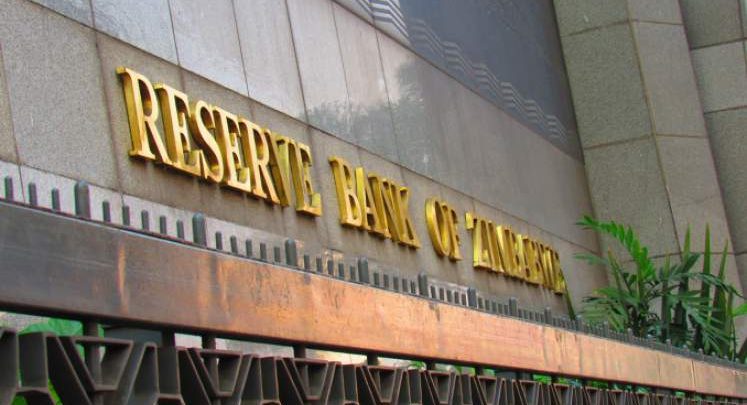New ZWL$50 notes coming out soon: RBZ

The Reserve Bank of Zimbabwe (RBZ) has said the new ZWL$50 notes will be soon released as part of measures by the apex bank to address cash shortages in the economy plagued by a myriad of challenges and of late the Covid-19 pandemic.
The central bank had announced last month that plans were at an advanced stage to introduce the higher denomination of the notes.
Presenting the 2021 monetary policy statement Thursday, the central bank governor, John Mangudya, said the additional notes would boost the amount of cash in circulation, arguing the development would not fuel inflation.
“As previously advised, the bank (RBZ) shall soon be introducing a ZWL$50 banknote to augment the current stock of banknotes in circulation,” said Mangudya.
The bank reiterates that banknotes, new or old, do not cause inflation in an economy since they do not increase money supply. Cash payments are an alternative to other methods of transacting and do not constitute money creation. Price dynamics are influenced by the level of money supply in an economy as opposed to its composition (electronic money, transfers, cash, etc.), hence the bank’s firm commitment to keeping the level of money supply growth under control through its conservative or hawkish monetary targeting framework.”
The RBZ has also increased to ZWL$2, 000 daily cash withdrawal limit from ZWL$1, 000.
Mangudya said the central bank would maintain and sustain the auction system introduced in June last year, through the 40% export surrender requirement, 20% domestic foreign exchange sales proceeds surrender requirement and 15% foreign exchange contribution from the fiscus.
“Maintaining the foreign exchange auction system remains paramount in anchoring inflation and maintaining price and financial system stability,” said the RBZ chief.
“The bank shall continue refining the foreign exchange auction system taking into account market fundamentals as well as closely monitoring the utilisation of funds from the foreign exchange auction system and the economy at large.”






